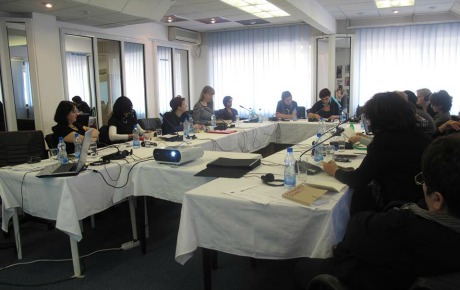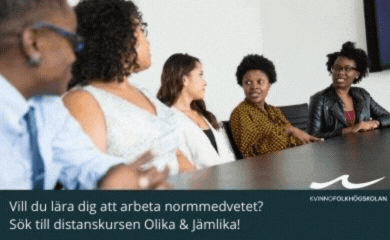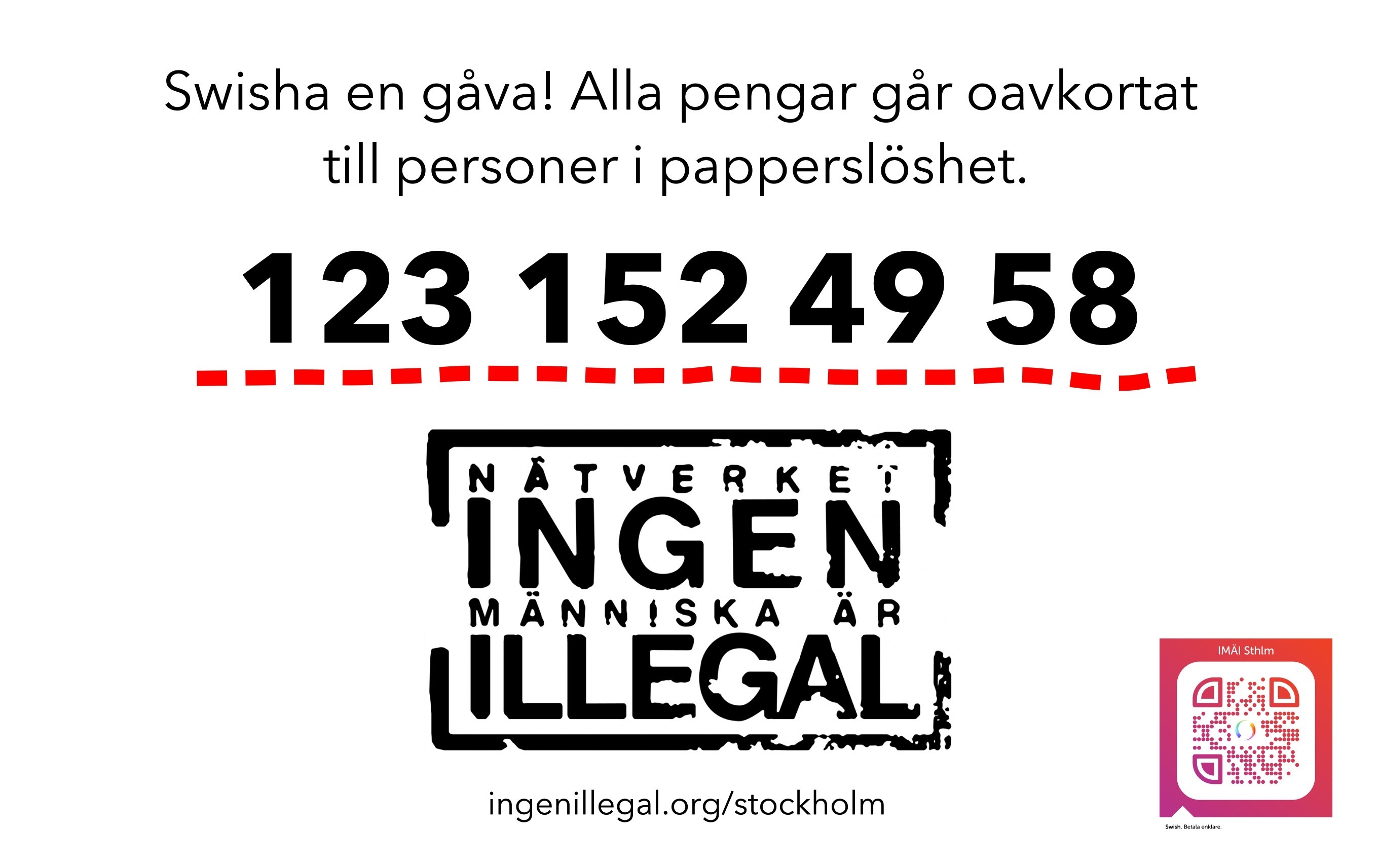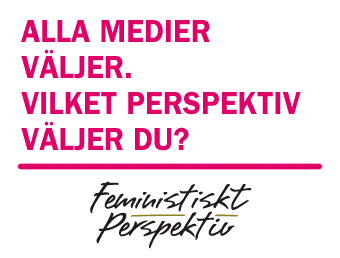
Organizing feminist justice
Bild: Privat
Feminist justice in former Yugoslavia
2013-12-13 | Cattis Laska

INTERNATIONAL
Since 2010 women in former Yugoslavia have been organizing a Women's court with the aim to open up a space for testifying and making women's stories on the war be heard. Telling their stories are meant to reunite the women in solidarity rather than, as is commonly done, be appropriated for nationalistic or other political purposes.
Women's court – feminist approach to justice (Ženski sud - feministički pristup pravdi)
Center for Women War Victims (Centar za žene žrtve rata)
Women in Black Belgrade (Žene u crnom Beograd)
“Women's court – feminist approach to justice” will take place in Sarajevo 8th of March 2015. It will be a space where women will be the proponents of justice and where women's voices about violence are heard, a place to create different ways to address violence against women and to develop feminist concepts of accountability.
What kind of alternatives to institutional justice exist? Feminist and women's organizations in the region of former Yugoslavia have since some years back organized for a “Women's court – feminist approach to justice”, which will take place in Sarajevo the 8th of March 2015. The aim is to create a space where women can speak publicly about the different kinds of violence they experienced during the war, and in what ways this still affect them. I met with Nela Pamuković, a feminist activist working at the Center for Women War Victims in Zagreb, to talk about the process of organizing a Women's court.
⁃ For women, the war never ended, it just continued with other means. There's a continuum of gender-based violence, on both the individual and structural level. There is discrimination against women, there is exploitation in the work place, and violations of sexual and reproductive rights. These are things that are not talked about, that we want to make visible with this initiative, Nela says.
A Women's court
The idea of organizing a Women's court in former Yugoslavia was established among feminists in the region already during the late 1990s, in contact with Corinne Kumar, organizer of the first women's court in Pakistan. At this time there were several women's courts organized all around the world, making women's voices heard and seeking for other forms of justice than those offered (or not) by the institutional justice system. In year 2000 women from Bosnia, Serbia and Croatia participated as witnesses and experts during a global women's court in South Africa. In 2010, seven organizations from the region; Žene ženama/Women to Women (Sarajevo, Bosnia and Herzegovina), Centar za žene žrtve rata/ Center for Women War Victims (Zagreb, Croatia), Centar za Ženske studije/ Center for Women’s Studies (Zagreb, Croatia), Kosova Women’s Network (Prishtina, Kosovo), Anima (Kotor, Montenegro), Centar za ženske studije/Center for Women’s Studies (Belgrade, Serbia) and Zene u crnom/Women in Black (Belgrade, Serbia), took the initiative to organize a Women's court for the countries of former Yugoslavia. They then invited other feminists and women's organizations to work together with them in this project.
Since the preparations started in 2010 the organizers have brought the idea to each country in the region to present it and hear from women what kind of problems they are facing, what they survived during the war, and what they think should be presented at the court. More than a hundred presentations of the Women's court have been done in local communities to a general public aswell as specifically directed to women's groups and survivors of violence. The preparation process is seen as important as the actual event, and at the meetings with women some of them have shared their experiences about sexual violence for the first time.
⁃ They were facing so many different problems during the war, the rapes were part of them, but something they put aside in order to survive. They were concerned with their families being killed and torn apart, with caring for their children and seeking for disappeared relatives. Dealing with the sexual violence they experienced for many women came much later, if at all, says Nela.
Other feminists with experience of working with women's courts in other places have supported the process, but the organizers of this event wanted to make it their own project for their specific context, not exactly following the previous model of the women's court. The preparations are bringing together feminists from the region, and feminist and women's organizations based in all countries of former Yugoslavia are now part of this project. But the project was never based on the idea of representation, it is about coming together in a joint project that everyone included think is important.
- This project is empowering feminist cooperation in the region. The war divided us feminists who previously worked together into different countries. Now we have limited knowledge about our different contexts, and this is a way for us to come together regionally to tackle a regional problem, says Nela.
The limits and problems of institutional justice
Part of the work the Center for Women War Victims does is trying to seek justice for the women who were raped during the war. Many of these women are testifying at the International Criminal Court (ICC) in the Hague, and when the perpetrators get their sentence, this gives some vindication. But testifying at the courts is also connected with a lot of harm for these women.
- There is a lot of stigmatization of these women and they are very badly treated. In the court they are attacked by the defending lawyers who are questioning their stories and making them feel bad. The courts are focused on the perpetrator, and the testimonies are only used as tools. The women cannot tell their stories as they like, they are not there to tell what is most important to them, what is affecting them the most or what they think is important being heard, but only what is of interest to the court, Nela says.
Even when the perpetrators get their sentence, this doesn't mean that the women who testified are safe. Many of the sentenced are in prison for a few years and then they come back, and the women who testified against them risk meeting them in the street. Because of pressure from feminist lawyers and activists the ICC established some protection for the women, both at the ICC and at the local courts working on war crimes, but this is not enough for women to be safe. This is another reason to organize the Women's court, to make the women the subjects.
⁃ These women's stories need to be heard on their own terms, and through an empowering process that is meant for them, not for the purpose of something else, Nela continues.
Making space for women's voices about violence
The aim of the Women's court is to provide a space where women who survived the war can speak publicly on their own terms, about all the different forms of violence they experienced and still are experiencing. This will be a space to speak about the sexual violence that was used as a weapon during the war and that is now prosecuted at the courts, but also, as Nela put its ”about all the things that will never be brought to court”.
From what the organizers heard from women they been meeting during the preparations they have categorized four main themes of violence; ethnically based violence, militaristic violence, socio-economic violence and the continuum of gender-based violence. These categories overlap in many ways and its not yet decided if they will be used in this form, but it's an attempt to make visible the different forms of violence that were and are done to women. The Women's court makes no hierarchy between the different kinds of violence against women, all experiences are considered as important to be heard, remembered, and dealt with.
Women will testify about harassment by the border police, about forced identity changes, about expulsion from houses, about constant threats of living under siege, about hunger and exhaustion, about repression and violence against women who supported deserters, and about repression because of resistance to the forced mobilization. They will speak about the physical, psychological and sexual violence in marriage and intimate relationships committed by men who returned from the battlefield, about the normalization of male violence against women in the public sphere, about the deprivation of labor and socio-economic rights, about living in constant fear of poverty, unemployment, dismissal from work without pay, and so on.
The continuum of feminist solidarity and resistance is another theme that the organizers of Women's court want to bring forward, since these are also stories that are not being told. This will include testimonies about women's and feminist cooperation confronting and fighting against patriarchy, war and militarization, before, during and after the war.
Dealing with the past as a way to justice
- The war didn't happen out of the blue, it was a logical consequence of a patriarchal militaristic society, based on injustices. Ethnic cleansing was a state promoted policy before, during and after the war, Nela says.
According to Nela, most people in Croatia don't feel responsibility for the crimes committed by the Croatian state, they only see themselves and the country as victims and therefore continue to celebrate war criminals. But this is not just a problem for Croatia, in each country independence is glorified, neglecting the fact that this process made many people suffer. In Slovenia thousands of people were erased from official registers losing their residence permits, many are still fighting to get them back. Women who survived sexual violence in Bosnia but now live in Croatia can't get the status of civil war victim either in Bosnia or in Croatia. And these are just a few examples. An important part in creating justice today, is confronting the past in order to be accountable for what happened. Nela continues:
- We think it is our responsibility to open up the space for public testifying, to make these stories heard. But doing this comes with a lot of responsibility, like protection of the women, and not letting the stories being used for nationalistic or other political purposes. Another challenge is how to make the testifying an empowering process for the women, to not let them suffer from it. This is an ongoing discussion among us, and that's one reason the preparations are so important.
The closing of the Women's court is a topic that is also yet to be decided. A usual court ends with a judgment, but the idea of this 'court' is not to judge, but to confront the past by telling the stories of how what happened affected and still affects women. And maybe even more important is to find ways to continue this kind of work, which is also a topic of discussion during the organizing process. The Women's court is a feminist intervention to change the circle of discrimination and violence, and this is something that needs to be constantly worked on.
- We're making an intervention in the official history that silences experiences of trauma and violence, and resistance of women. If there is no process of facing the past and no transitional justice, it will never end, but continue, in these forms of discrimination and violence, and maybe eventually this will lead to another war, Nela finishes.
Kommentarer
Du måste vara inloggad för att kunna lämna en kommentar.
























MEST KOMMENTERAT
SENASTE KOMMENTARERNA
Om Var Grupp 8 en feministisk organisation?
Om #bildskolan 21: Att äta Den Andre
Om #bildskolan 21: Att äta Den Andre
Om Porr handlar om betalda övergrepp
Om Nobels fredspris till kampanj för att avskaffa kärnvapen
Om Feministiskt perspektiv öppnar arkivet och startar på nytt!
Om Rödgrönt ointresse för fred och nedrustning borde oroa många
Om Var inte målet att vi skulle jobba mindre?
Om Feministiskt perspektiv öppnar arkivet och startar på nytt!
Om Feministiskt perspektiv öppnar arkivet och startar på nytt!
MEST LÄST